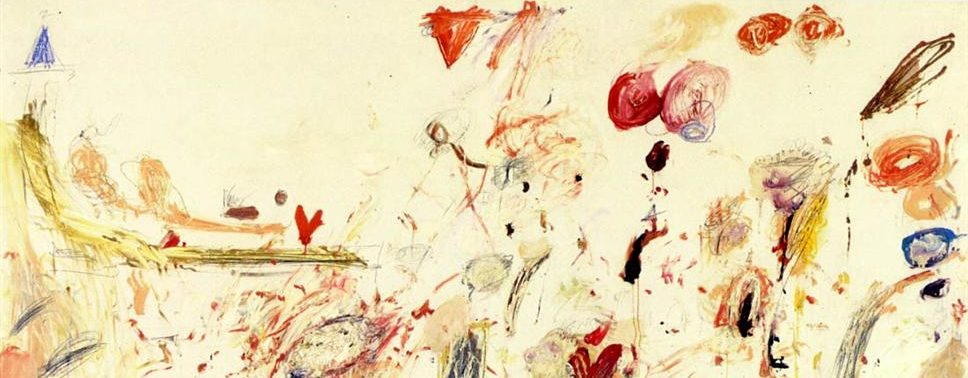The Disappointment
In “The Disappointment,” Aphra Behn explores an intimate encounter between Cloris and Lysander. I chose this poem as it reminds me of Andrew Marvell’s poem “To His Coy Mistress”. While Marvell uses love and desire as an expression of the theme ‘carpe diem’, Behn uses the term ‘love’ to help the readers compare and contrast ‘love’ with physical sensations.
the speaker describes Lysander as swayed “by an impatient passion” to initiate a sexual encounter with Cloris. we get the sense that Lysander’s desire lies on momentary desire. The term phrase “impatient passion” evokes an image of Lysander in desperation of sexual contact. Moreover. ‘impatient’ not only emphasizes Lysander’s lust but also the ingenuity of his love for Cloris. By describing Lysander as impatient, the speaker shows us that Lysander is far more interested in the physical dimensions of his relationship with Cloris than the emotional ones.
Behn’s usage of the word “love” throughout the poem is interesting. Behn uses this term when she describes Cloris’s eyes as a place “where love and shame confusedly strive”. The phrase shows the conflict between love and shame, and it shows that Cloris feels guilty over her relationship with Lysander. The term ‘confusedly’ shows Cloris confusion insofar as how she feels about her encounter with Lysander, and more, it shows that Cloris and Lysander have not achieved a firm emotional understanding of their relationship. However, although Cloris is ;’confused’, she still chooses to pursue her desire without taking the time to truly establish the kind of emotional intimacy that would likely eliminate her confusion. I think Cloris characterizations are in contrast with that of the mistress’s in Marvell’s “To His Coy Mistress’, as Cloris seems far more impatient and in want of sexual experience.
emphasis on physical intimacy appears again when Lysander regards Cloris’s body as a “shape designed for love and play”. The word ‘shape’ is a term more to describe an object than a person, thus it has a function of dehumanizing Cloris and classifying her as a sexual object. Consequently, the ‘love’ in the phrase refers to physical love and create a sense of irony. ‘love’ is usually used as a term to represent psychological and emotional intimacy. However, the word ‘shape’ immediately objectifies Cloris as an object, thereby contradicting with the word ‘love’ which has profound emotional implications.
Speaker then describes Lysander as having “Found the vast pleasure turned to pain;/ Pleasure which too much love destroys”. Here the speaker implies “pleasure” destroys “love” , which immediately sets up an oppressive and dark tone to the poem. thus, it is possible that the speaker is trying to imply the importance of emotional intimacy, as a relationship solely relies on ‘pleasure’ would make one to be impotent to maintain ‘love’. The speaker also sets up a distinction between ‘love’ and ‘pleasure’.
When Cloris finds “ the god of her desires/disarmed of all his awful fires,” she acknowledges that her entire relationship with Lysander was built upon his ability to give her physical pleasure.“god” and “awful fires” are imageries which create an image of Cloris loosing her innocence, and that Lysander has power over Cloris. We begin to see the sexual encounter as destructive. Cloris was so entranced by her hope that Lysander could satisfy her desires that she was willing to allow him to sacrifice her “virgin innocence.”
While Marvell shows lovers’ pursue on physical intimacy is a means for them to take advantage of time and ‘carpe diem’, Behn reminds us that impatience to pursue sexual desires absence of love is in nature destructive and dehumanizing. interesting!
